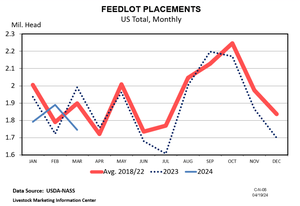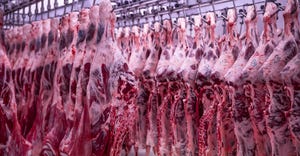When New York Yankees owner George Steinbrenner died this week, he potentially saved his heirs a tax bill of about $600 million, or 55% of his estate, compared to if he’d died after Jan. 1, 2011, the Wall Street Journal reports. That’s because there is no estate tax in 2010, the last year of 10 years of declining penalties established under a 2001 law.
July 15, 2010

When New York Yankees owner George Steinbrenner died this week, he potentially saved his heirs a tax bill of about $600 million, or 55% of his estate, compared to if he’d died after Jan. 1, 2011, the Wall Street Journal reports. That’s because there is no estate tax in 2010, the last year of 10 years of declining penalties established under a 2001 law. Next year, the estate tax reverts back to its pre-January 2001 rate of 55% on estates over $1 million.
Of course, because the wealthy often do elaborate planning, putting assets into trusts taxed separately from the estate or into foundations that are tax-exempt, it is unclear how large Steinbrenner’s estate will be, WSJ reports. Estate taxes may also be postponed on assets left to a spouse in years when there is an estate tax.
But unless Congress acts in the final 30 days left on its legislative calendar to change the provisions, “they’re, in essence, handing down a death sentence to family-owned farming and ranching operations,” says National Cattlemen’s Beef Association (NCBA) President Steve Foglesong. NCBA says that the estate tax disproportionately hits ag, where 97% of American farms and ranches are owned and operated by families. The estate tax is considered one of the leading causes of the breakup of multigenerational family farms and ranches, NCBA says.
Because farm and ranch assets consist mainly of land, buildings, and specialized equipment, these estates may look wealthy on paper, but they include few saleable assets and little liquidity to pay estate taxes.
“This is not a tax on the ‘wealthy elite.’ The wealthy can afford accountants and estate planners to help them evade the tax. This is a death warrant for small-to-medium sized family businesses,” Foglesong continued. “Farmers and ranchers are often forced to sell land, equipment, or the even the entire ranch just to pay off tax liabilities. This is money that could otherwise be reinvested to grow the family business and hand it down to future generations.”
Farm and ranch estates are five to 20 times more likely to incur estate taxes than other estates. According to the USDA Economic Research Service, one in 10 farm estates (farms with sales of $250,000 or more annually) were likely to owe estate taxes in 2009, NCBA says.
But this week, senators Blanche Lincoln (D-AR) and Jon Kyl (R-AZ) introduced a proposal to permanently reform the federal estate tax. It would require the Senate Finance Committee to amend H.R. 5297, the Small Business Lending bill, to permanently set the estate tax rate at 35%, with a $5-million exemption amount phased in over 10 years and indexed for inflation. The proposal would provide an election for deceased taxpayers to either retain this year’s estate tax rate, which is zero percent with “carry over basis,” or file under the provisions of the new bill.
Editor’s note: For more on this topic, see the BEEF special issue coverage on estate planning at beefmagazine.com/issue_20070215/
-- Joe Roybal
You May Also Like



